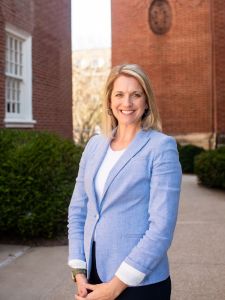About Us
Mission
The Waste Not, Want Not (WiN-WiN) program is dedicated to reducing food loss and waste while addressing food and nutrition insecurity in Kentucky communities. Through community-based participatory research, innovative outreach, and tailored education, the project fosters partnerships between farmers, home gardener, food producers, and community feeding programs. Guided by the principles of sustainability and self-reliance, WiN-WiN works to recover surplus food, minimize waste, and provide nutrient-dense meals to those in need, creating scalable solutions that benefit families, farmers, and the environment.
EPA Wasted Food Scale
The EPA Wasted Food Scale prioritizes actions that prevent and divert food from being wasted, emphasizing pathways that minimize environmental impact and enhance circularity. The most preferred methods—preventing waste, donating, and upcycling—focus on keeping food in its intended role of nourishing people. Least preferred methods, like landfilling, incineration, or sending food down the drain, which significantly waste valuable resources.
The WiN-WiN project aligns with the top-tier pathways by focusing on surplus food recovery, donation, and education to prevent food loss and waste. Through collaboration with farmers, food producers, and community feeding programs, WiN-WiN helps redirect excess food to those in need. This approach not only addresses food insecurity but also supports a more sustainable and resilient food system.
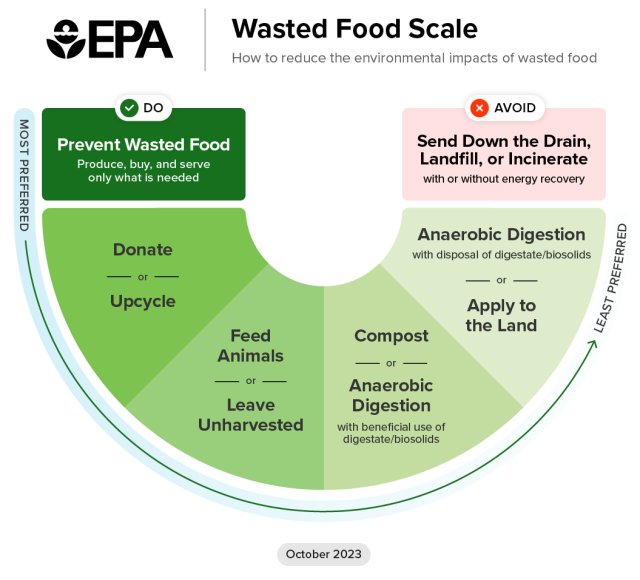
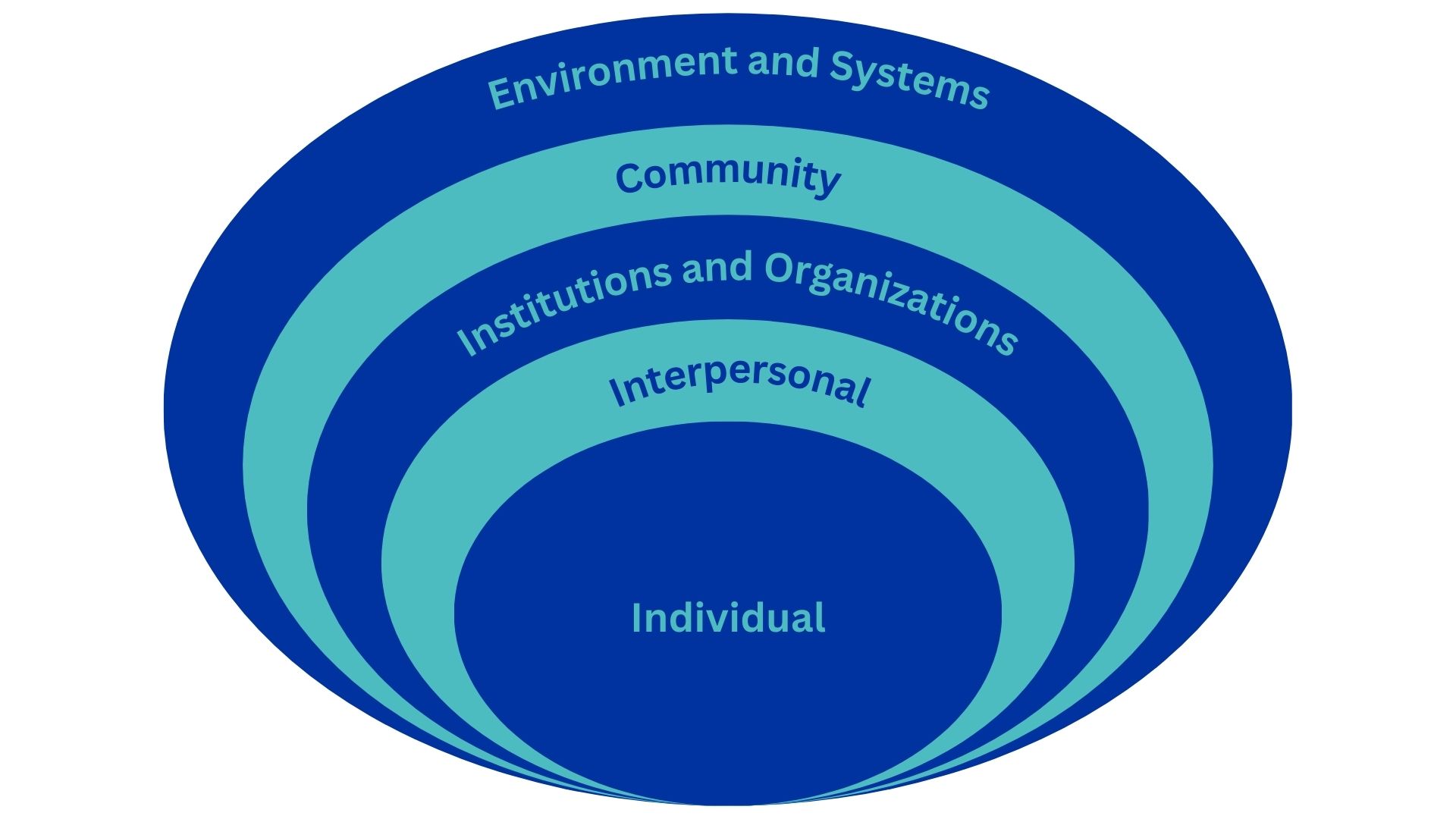
The Socioecological Model
The WiN-WiN grant aims to tackle the issue of Food Loss Waste at every level of the socioecological model:
-
Environment and Systems: Disseminate outreach and training materials to establish similar strategies in neighboring counties, throughout Kentucky, and nationally to demonstrate how Food Loss Waste reduction and feeding best practices can be incorporated into these common and relevant community feeding program models.
-
Community: Develop a community network trained in Food Loss Waste reduction and feeding best practices that provide meals, education, and processes for improving Food Loss Waste and nutrition and food security.
-
Institutions and Organizations: Collaboration among existing community organizations is generated that is centered on Food Loss Waste reduction and feeding best practices.
-
Interpersonal: Farmers, home gardeners, and food producers can donate their surplus harvest to benefit individuals and families experiencing food and nutrition insecurity in their community.
-
Individual: Community partner staff and program recipients receive Food Loss Waste reduction training and nutrition education; and facilitation of access for food and nutrition insecure individuals.
Meet the Team
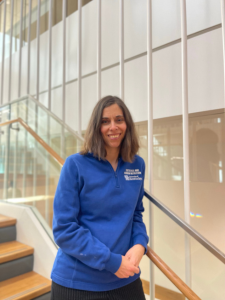
Dawn Brewer, PhD, RDN, LD
Dr. Brewer is the Principal Investigator for the USDA SARE funded WiN-WiN grant. She is also the Director of Graduate Studies for the Department of Dietetics and Human Nutrition and in the past has served as the Director of the Didactic Program in Dietetics (DPD) for the department.
Dr. Brewer is a Registered Dietitian and conducts community-engaged research to increase the quantity and variety of fruit and vegetable consumption using community interventions that intervene at multiple levels of the Social Ecological Model for health behavior change.
Dr. Brewer is a member of the Academy of Nutrition and Dietetics, the Kentucky Academy of Nutrition and Dietetics, Public Health/Community Nutrition Practice Group, the Healthy Aging Practice Group and the Nutrition Educators of Health Professionals.

Lauren Batey, MS, RDN
Lauren Batey is serving as the Program Coordinator for the WiN-WiN grant. She a registered dietitian with a Master's in Nutrition and Food Systems from the University of Kentucky. Her research is focused on culture and nutrition related chronic disease in Appalachia and other geographically isolated rural communities. Lauren joined WiN-WiN to make use of her marketing background in the creation of community and professional resources promoting Food Loss Waste prevention and to teach her community about ways to improve their nutrition while preventing food waste.

Makenzie Barr-Porter, PhD, RDN, LD
Dr. Barr-Porter joined the Department of Dietetics and Human Nutrition in 2019 from West Virginia University. The majority of her research examines (1) bariatric surgery outcomes in the Appalachian region with a specific interest in post-surgical support interventions and (2) community-based participatory research among young adults, focusing on improving healthy living and chronic disease prevention knowledge.
Dr. Barr-Porter has published various peer-reviewed manuscripts in both areas of her research including the implications of co-morbid conditions on weight loss outcomes in bariatric patients as well as the CBPR approach of partnering with college students to design and implement an intervention for their peers.
Dr. Barr-Porter is a registered dietitian, was a previous consulting bariatric dietitian in WV, and is a member of The Obesity Society, the Academy of Nutrition and Dietetics, and the Society of Nutrition Education and Behavior.

Ashton Potter, DrPH
Dr. Potter is The Food Connection’s second Executive Director and is responsible for crafting the center’s strategic vision and overseeing program and service implementation. She holds a Bachelor of Science degree in Biology from Rhodes College, a Master of Public Health degree from Georgia State University, and a Doctor of Public Health degree from the University of Kentucky. Ashton is passionate about supporting Kentucky farmers in accessing new markets and creating sustainable value chains for their food and farm products. She is also keenly interested in educating students and the general public about where their food comes from and how consuming nutrient-dense locally-grown food supports post or individual health outcomes, increases social connectivity, and cultivates economic vitality. She also works closely with UK’s dining partner and other stakeholders to identify best practices for farm to institution procurement. Her favorite Kentucky-grown foods are farm fresh eggs and spinach (on a scratch made biscuits made with Kentucky-grown flour of course!), and her favorite kitchen tool is her grandmother’s cast iron skillet.
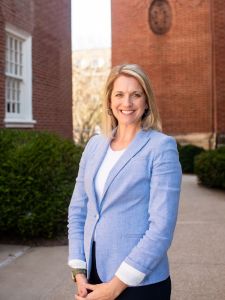
Tammy Stephenson, PhD, FAND
Dr. Stephenson, an Associate Professor in the Department of Dietetics and Human Nutrition, has served on the faculty in the department for 18 years. She started her career in DHN as a Lecturer and has a passion for teaching, student success, and student administration. Dr. Stephenson is the Director of Undergraduate Studies for the Dietetics and Human Nutrition programs, Director of the Undergraduate Certificate in Food Systems and Hunger Studies, and Co-Director of the Undergraduate Certificate in Nutrition for Human Performance. During her career at UK, Dr. Stephenson has taught a wide range of courses and currently teaches Introductory Nutrition, Advanced Nutrition, Nutrition Issues in Physical Activity, Research and Writing in Dietetics, and Special Topics in Dietetics in Human Nutrition. In addition, she teaches GEN 100: Current Topics in Agriculture, Food, and the Environment, a course taken by incoming freshman in the College.



